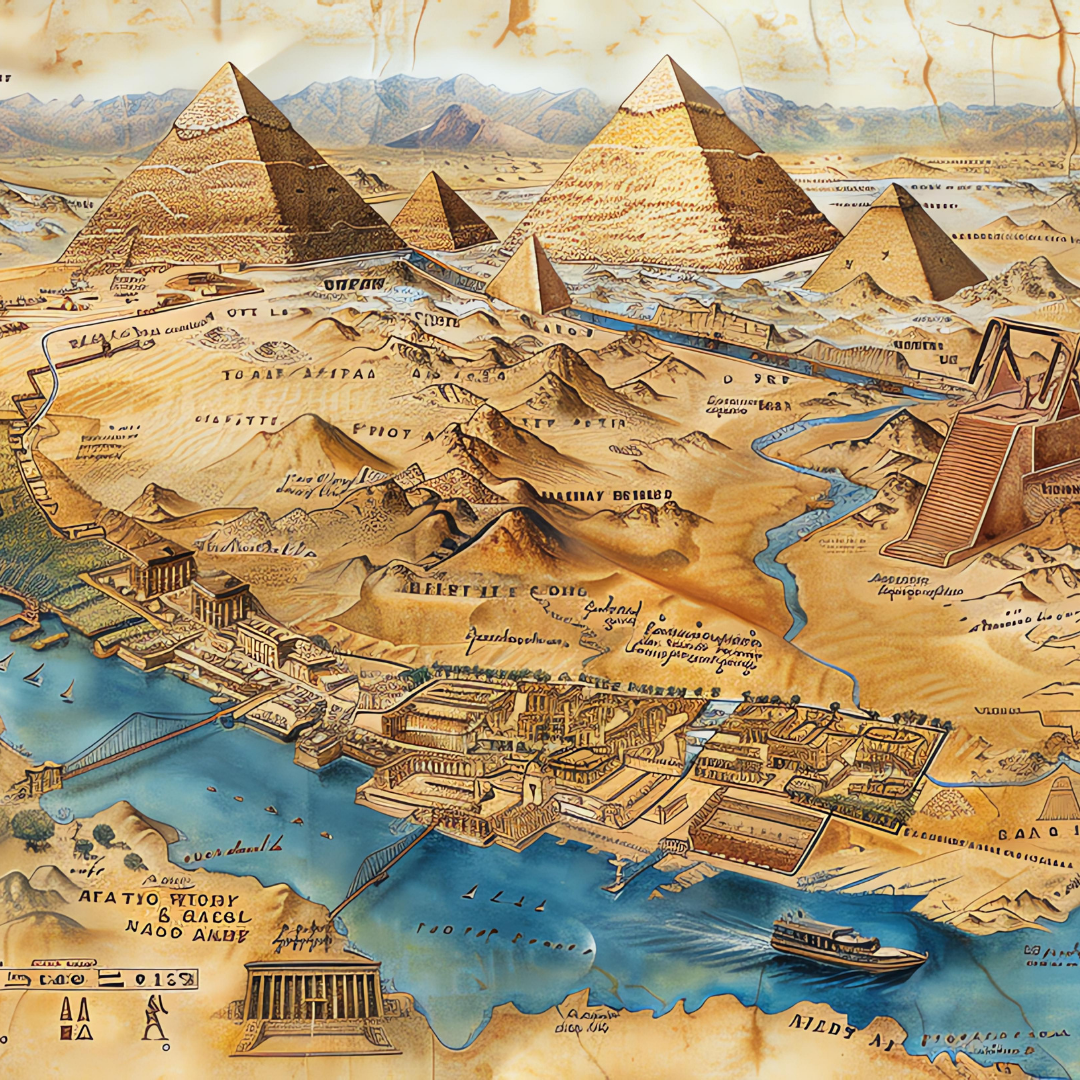Agriculture in Egypt is one of the sectors most affected by climate change, especially in light of rising temperatures, erratic rainfall patterns, and scarce water resources. Global warming poses a real threat to the country's food security.
Excessive heat causes water to evaporate from the soil quickly, forcing farmers to use more water for irrigation amid water scarcity. Temperatures also affect flowering and ripening dates for crops, reducing yields and impairing quality.
Studies show that some crops, such as wheat and corn, may experience significant declines in production if temperatures continue to rise. Some areas may also become unsuitable for agriculture due to soil salinization or changes in its chemical properties.
To address these challenges, new strategies must be adopted, such as planting drought-resistant varieties, switching to drip irrigation, using smart climate sensors, and providing technical support to farmers to address risks.














